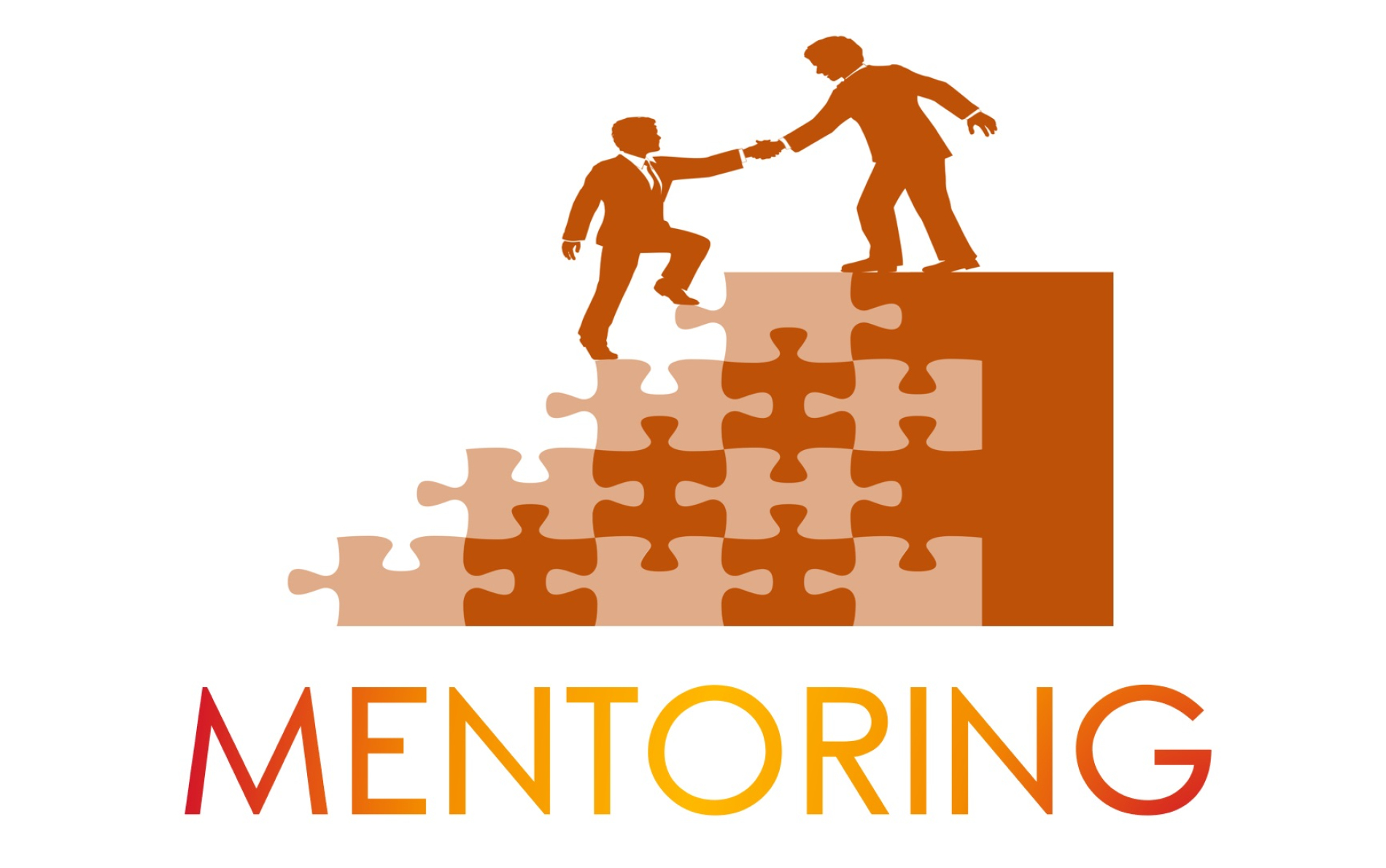Guiding Growth: The Inclusive Power of Mentorship for Everyone

Mentoring, whether directed towards students or employees, holds a pivotal role in fostering individual growth, skill enhancement, and overall success (Okolie et al., 2020). Mentoring is a supportive relationship between a more experienced mentor and a less experienced protégé, focusing on professional and personal growth and development. It serves as a powerful mechanism for transferring knowledge, guidance, and practical insights from experienced mentors to those seeking to develop and excel in their respective domains (Mullen and Klimaitis, 2021).
In an educational context, student mentoring transcends traditional classroom learning, offering personalized support that addresses both academic and personal development (Law et al., 2020). Mentors provide a nurturing environment for students to voice their concerns, set realistic goals, and chart a pathway towards achievement. Universities must carefully plan, structure, and assess mentoring programs to ensure they effectively educate students and prepare them for careers, as inadequate design or assessment may hinder their impact. This one-on-one interaction empowers students to harness their strengths, build resilience in the face of challenges, and navigate the complexities of their academic journey with greater confidence. Crisp and Cruz (2009) define mentoring as a personal, reciprocal relationship focusing on individual growth, providing professional and psychological support, although some relationships are becoming less personal with internet-based mentorship.
Similarly, in the realm of professional development, employee mentoring is instrumental in shaping an organization's workforce. Seasoned mentors share their wealth of experience, guiding employees in aligning their career aspirations with organizational goals. Through this interaction, mentees gain insights into best practices, practical problem-solving techniques, and effective communication strategies. This not only accelerates skill development but also fosters a positive work culture that values continuous learning and personal advancement.
Mentoring transcends the mere transfer of knowledge, as it imparts a profound feeling of purpose, motivation, and self-confidence. Mentees derive advantages from being exposed to a wide range of perspectives, which serves to enhance their horizons and broaden their overall outlook. Additionally, the mentor-mentee relationship fosters a sense of camaraderie and trust, establishing a secure environment for open and honest discussions, valuable feedback, and reciprocal regard.
A supportive and guidance-focused relationship between more seasoned family members and individuals looking for guidance or personal growth within the family is the foundation of mentoring in the family setting. Transgenerational transfer of wisdom, values, and life skills characterises this informal mentorship interaction. Parents are frequently their children's first mentors, offering them both emotional support and practical advice. Family mentoring places equal emphasis on relationships, personal development, and overcoming obstacles in life as it does on professional development. This mentoring approach helps family members adjust to changes, promotes a feeling of community, and transfers cultural and familial values. Family mentorship can develop naturally via routine exchanges, life experiences, and deliberate dialogues, fostering a supportive environment that supports each family member's resilience and general well-being. Family mentorship is essential to the overall growth of people within the familial setting, whether it be by sharing life lessons, teaching practical skills, or providing emotional support.
Giving and receiving feedback is an essential part of the mentoring process since it helps the mentee grow and develop while also enhancing the effectiveness of the mentoring relationship. Mentors are able to identify the unique strengths and shortcomings of their mentees through constructive comments, which facilitates focused skill development and advancement. This feedback helps to track progress towards predetermined goals and provides a framework for reaching milestones by bringing mentor and mentee expectations into alignment. Positive reinforcement during feedback sessions boosts the mentee's self-esteem and promotes viewing obstacles as chances for personal development. Furthermore, feedback improves communication abilities by encouraging active listening and serving as an example of successful communication techniques. Additionally, it fosters a mindset of ongoing development and introspective work, which empowers mentors and mentees to change and grow as situations do. When given in a kind and encouraging way, constructive criticism fosters open communication and trust in the mentoring relationship, allowing for the sharing of thoughts, worries, and experiences. Essentially, the process of providing feedback in mentoring is dynamic and mutual, serving to both direct the mentee's growth and enhance the overall effectiveness of the mentoring relationship.
Ultimately, the impact of mentoring extends to both personal and professional realms. For students, it propels academic achievement, personal growth, and a strong foundation for future pursuits. In the corporate world, effective mentoring contributes to enhanced job performance, job satisfaction, and organizational success. As a bridge connecting experience and potential, mentoring becomes an indispensable tool in sculpting successful individuals and empowered organizations.
References
- Crisp, G., & Cruz, I. (2009). Mentoring college students: A critical review of the literature between 1990 and 2007. Research in Higher Education, 50(6), 525–545.
- Hernandez, P. R., Estrada, M., Woodcock, A., & Schultz, P. W. (2017). Mentor qualities that matter: The importance of perceived (not demographic) similarity. J Exp Educ, 85(3), 450–468. https://doi.org/10.1080/00220973.2016.1246405.
- Law, D. D., Hales, K., & Busenbark, D. (2020). Student success: A literature review of faculty to student mentoring. Journal on Empowering Teaching Excellence, 4(1), 6.
- Mullen, C. A., & Klimaitis, C. C. (2021). Defining mentoring: a literature review of issues, types, and applications. Annals of the New York Academy of Sciences, 1483(1), 19-35.
- Okolie, U. C., Nwajiuba, C. A., Binuomote, M. O., Ehiobuche, C., Igu, N. C. N., & Ajoke, O. S. (2020). Career training with mentoring programs in higher education: facilitating career development and employability of graduates. Education+ Training, 62(3), 214-234.
 Call Now 9121011411 / 7337344497
Call Now 9121011411 / 7337344497 Email Now admissions.pgdm@asci.org.in
Email Now admissions.pgdm@asci.org.in






0 comments